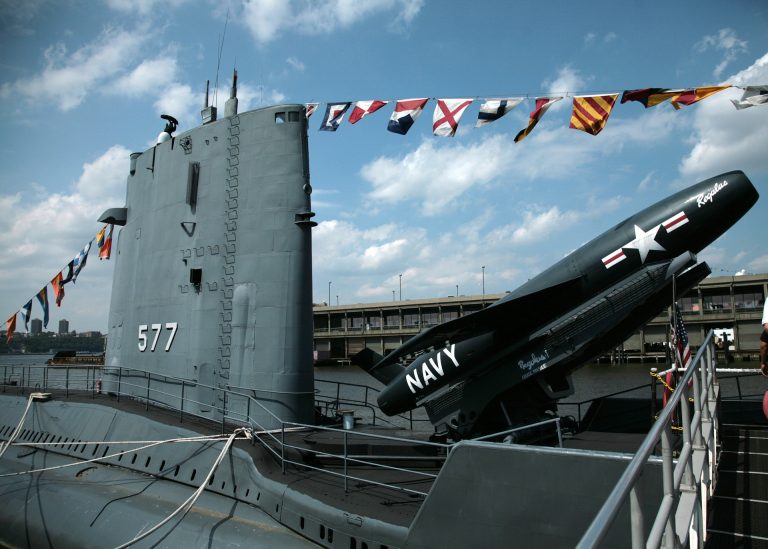Aircraft carriers from the United States, UK, and Japan are conducting exercises in the Philippine Sea. Ships from New Zealand, the Netherlands, and Canada are also involved. In total, 17 surface ships and more than 15,000 sailors from six democratic nations are taking part in the military exercises. The joint drills are happening just as Communist China is sending more aircraft into Taiwan’s air defense identification zone.
“Another momentous weekend! #CSG21 conducted quad carrier operations in the Philippine Sea with @HMSQNLZ , USS Carl Vinson, USS Ronald Reagan & JS ISE undertaking combined exercises. Half a million tons of sea power projection from 6 nations with an equally impressive air wing,” the Commander UK Carrier Strike Group tweeted on Oct. 5.
Rear Adm. Dan Martin, commander of the U.S. carrier strike group, said that America is continuing to improve its ability to carry out “prompt and sustained operations” at sea with a “more mobile, agile, and flexible force.” UK carrier strike group commander Commodore Steve Moorhouse stated that working with allies demonstrates London’s “commitment” to the region.
Japan Maritime Self-Defense Force (JMSDF) Escort Flotilla 2 Commander Rear Adm. Konno Yasushige believes that exercises with carrier strike groups represent the “strong will” of these nations to ensure a “free and open Indo-Pacific.”
“The JMSDF will work closely with allied and friendly navies, which share the same objectives, to respond to global challenges and defend maritime order based on the rule of law,” Yasushige said.
Success
You are now signed up for our newsletter
Success
Check your email to complete sign up
During the exercises, two U.S. fighter jets took off from Japan’s largest warship, JS Izumo. This is the first time since World War II that fixed-wing aircraft have operated from a Japanese ship, indicating a major change in Tokyo’s military abilities.
Japan plans to buy 42 F35Bs for its aircraft carriers. London and Tokyo have already announced plans to improve interoperability and cooperation between their militaries. Australia has signed a submarine pact with the U.S. and UK.
According to a report by Kyodo News, People’s Republic of China (PRC) leader Xi Jinping has asked the military to increase pressure in Taiwan’s southwestern region in a bid to counter the naval exercises being conducted by the six nations. Xi believes that the exercises are aimed at preventing mainland China from taking over Taiwan and the Japanese-controlled Senkaku Islands.
On Oct. 4, the People’s Liberation Army (PLA) air force sent 56 planes into Taiwan’s ADIZ, a record among the many intrusions conducted by the PLA into the island’s airspace. In the first four days of the month, nearly 150 Chinese planes breached Taiwanese territory. The U.S. State Department has accused Beijing of engaging in “provocative military activities” that undermine the region’s stability and peace.
In a recent article published in Foreign Affairs magazine, Taiwan president Tsai Ing-wen called on democratic governments to support Taiwan in the face of increased mainland aggression.
“As countries increasingly recognize the threat that the Chinese Communist Party poses, they should understand the value of working with Taiwan. And they should remember that if Taiwan were to fall, the consequences would be catastrophic for regional peace and the democratic alliance system. It would signal that in today’s global contest of values, authoritarianism has the upper hand over democracy,” Tsai wrote in the article.














